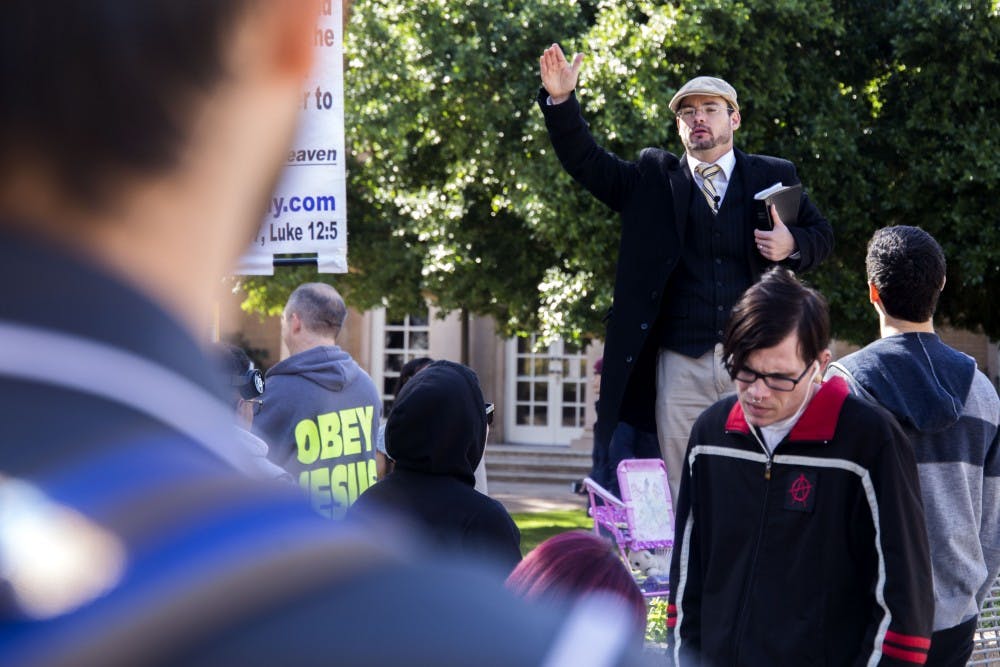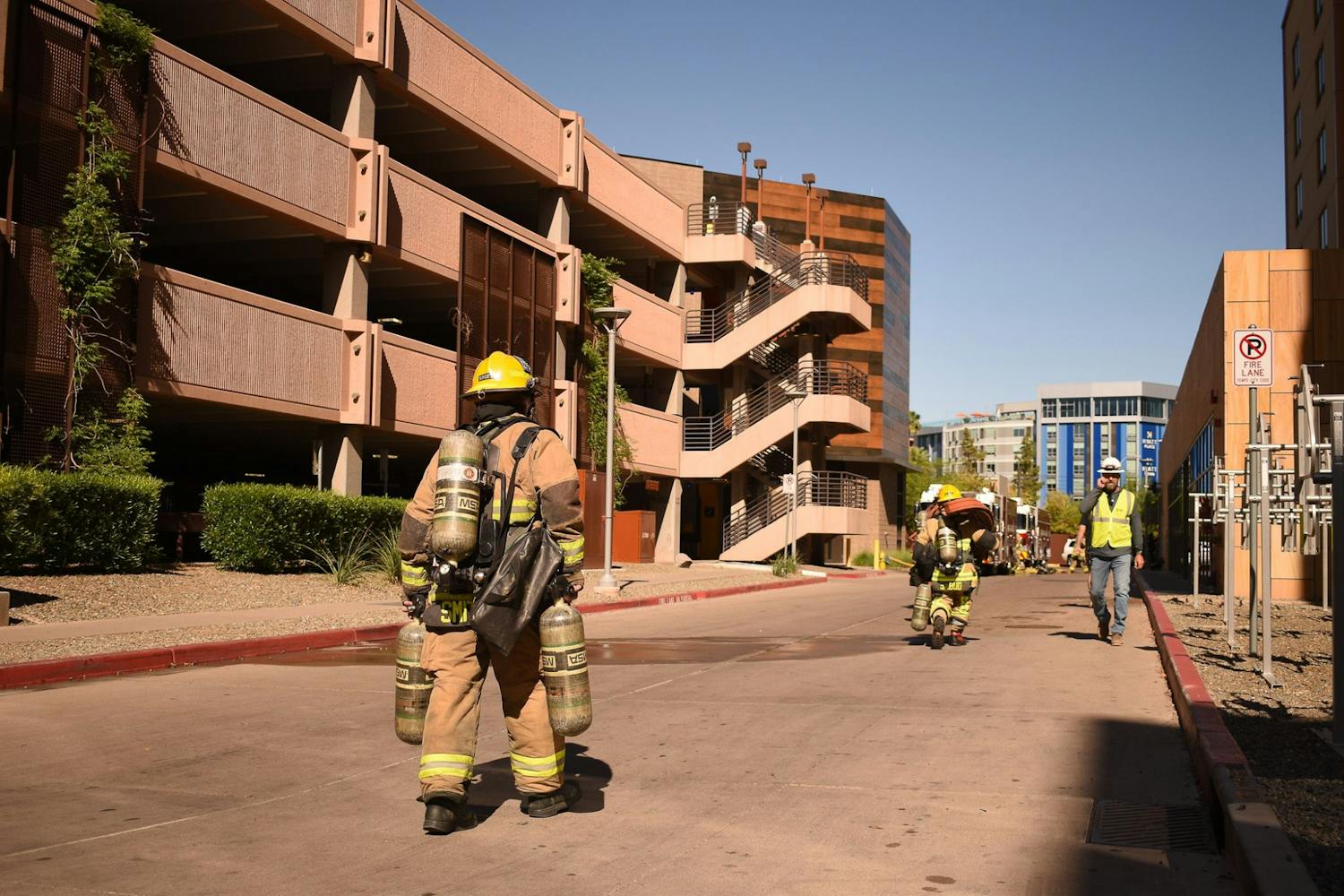It has been 225 years since the ratification of the First Amendment, and college campuses across the U.S. are witnessing censorship of speech in the name of political correctness.
Of course, most bad laws are created with good intentions. Smoot-Hawley Tariff Act’s intention was to stabilize a fragile economy on the verge of collapse by empowering American products. In practice, it deepened the Great Depression and made it longer.
Political correctness is no different. Political correctness comes from well-intentioned people who want to protect others from emotional stress. In effect, what it does is not only regulates freedom of speech but, even worse, it suppresses the truth.
One of the earliest examples of political correctness in American politics is the response to liberal giant Dr. Daniel Patrick Moynihan’s “The Negro Family: The Case For National Action,” often dubbed as the Moynihan Report.
In his report, Moynihan used empirical evidence to suggest that one of the main factors in black poverty was high rates of single motherhood in black communities. The report was criticized as racist by many leaders and was dismissed. Today, all scholars, from left to right, have come to accept the thesis of that report except that it is no longer centralized to black communities — people of several ethnicities are witnessing its harms.
Had the report been accepted and the Johnson administration taken action, we would be seeing a much lower rate of poverty in the U.S. However, nationally known leaders with the best of intentions dismissed the report to not offend black Americans who just emerged from centuries-long struggles for civil rights. In effect, to protect a class of people, national leaders failed to provide them a solution to their problem.

The epidemic of political correctness has become a phenomenon on college campuses in the 2010s and among Millennials. College is not only a place to go and get a degree, or at least it wasn’t intended to be. College, especially liberal arts, was intended to be a forum where the students’ very fundamental ideas were challenged, a place where truth is to be found, as Plato would say, and truth is to be found through debates. And, there are no limits on a debate stage.
Today, students look for safe spaces where they are immune from challenge. A safe space on a college campus, where all ideas are fair game, is the saddest paradox of modern intellectual life.
Another negative consequence of political correctness is the backlash from its opponents. Some of the opponents, who are the loud minority, have confused opposition to political correctness with vulgarness.
Regarded as “alt-right,” a bunch of keyboard warriors whose intellectual level is limited to offensive memes, this group of people have taken the podium to equip their conversations with the most hateful language possible.
As despicable as alt-right’s language is, the response to this hateful group of people is not a violation of freedom of speech — it is dismissal and alienation. The best way to deter these people is not to ignore them (as tempting as it is, and I admit that I have been guilty of not following my own advice) but to engage them, not sacrifice free speech.
Political correctness is not a cure to existing problems in our communities, it is ignoring those problems. Noah Briggs, student-activist and leader of the left-progressive organization Students for a Democratic Society, rejects political correctness as a leftist ideal and argues that political correctness has not gotten rid of racism and bigotry but “has helped bad ideas hide and made it hard for bad ideas to get rid of.”
He is correct. The right approach to people who hold ideas we disagree with and sometimes regard as bigoted is to either persuade them to change their minds or to marginalize them.
Without allowing them to present their case, we cannot change people’s minds. Without allowing them to come out, we will not have the opportunity to identify and marginalize the bigots.
As college students, we must strive to expose our core beliefs to facts to see if they triumph through that test. Immuring ourselves from challenge is not helping our society, and as seen with the Moynihan Report, it actually hurts the very people we try to protect.
Reach the columnist at shaykhatiri@asu.edu or follow @shaykhatiri on Twitter.
Like The State Press on Facebook and follow @statepress on Twitter.
Editor’s note: The opinions presented in this column are the author’s and do not imply any endorsement from The State Press or its editors.
Want to join the conversation? Send an email to opiniondesk.statepress@gmail.com. Keep letters under 300 words and be sure to include your university affiliation. Anonymity will not be granted.




